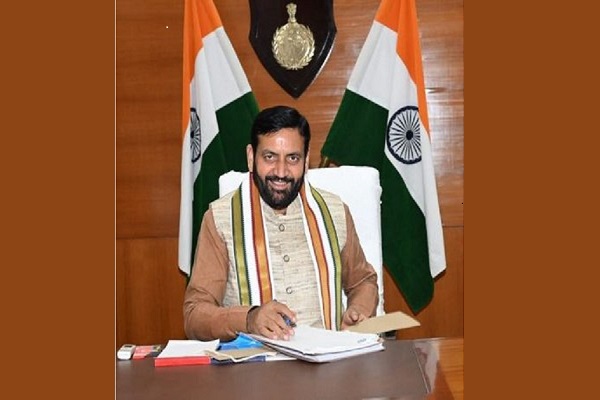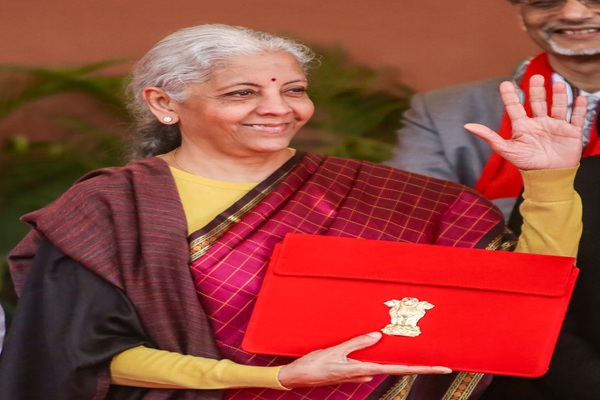Union Home and Cooperation Minister unveils National Cooperation Policy

Union Home and Cooperation Minister Amit Shah has unveiled the long-awaited National Cooperation Policy, aimed at driving the cooperative sector to contribute three times more to the country’s GDP by 2034, supporting India’s goal of becoming a developed nation by 2047. He announced ambitious plans to create a comprehensive cooperative ecosystem that will expand into emerging sectors like tourism, taxi services, insurance and green energy. He assured that government has made a proper plan to achieve the target. The policy specifically targets entry into tourism, taxi services, insurance, green energy and other sectors to enhance diversification and increase member incomes.
Minister highlighted that strengthening foundation, promoting vibrancy, making cooperatives future-ready, promoting inclusivity and deepening reach, entering new and emerging sectors, and shaping the young generation for cooperative growth are the six strategic pillars through which the policy will be implemented. He pointed that the welfare of each cooperative member, with plans to transform cooperative enterprises into professionally managed, transparent, technology-enabled, vibrant and responsive economic entities are central focus of the policy. Besides, he outlined plans to bring 50 crore people who are currently not active members or non-members into the cooperative fold. The government aims to increase membership by 30 per cent from the current 8.3 lakh, with a primary cooperative unit to be established in every panchayat.
The policy was developed after extensive consultations, with the 48-member committee receiving around 750 suggestions from stakeholders. The final framework was prepared in consultation with the Reserve Bank of India and NABARD. He also outlined the policy’s vision to establish five model cooperative villages in every tehsil across the country through state cooperative banks. Further, in order to maintain policy relevance and effectiveness, the government has put in place a review system that mandates necessary legal amendments every decade, creating a framework for continuous adaptation to changing socio-economic conditions in rural India. Linking the cooperative sector to India’s broader economic ambitions, he expressed confidence that the country which the world’s fourth-largest economy currently, will reach the third position and eventually become a developed economy by 2047. He added that when all states implement this policy diligently, it will lead to the creation of an inclusive, self-reliant, and future-ready model, which will give a new shape to the country’s cooperative system.























.jpg)
